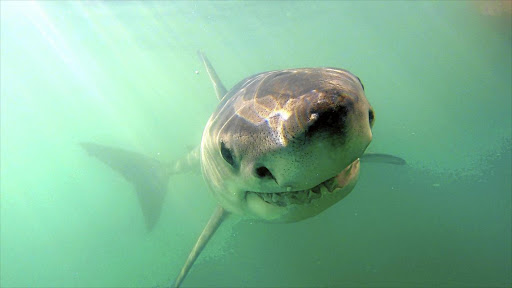Australia surf lesson turns bloody after shark attack

A man taking part in a surf lesson off Australia's east coast suffered serious cuts after a shark attack on Saturday the latest in a spate of recent encounters. The attack is a sixth off Australia's beaches in two months, amid public debate about how to reduce the risk of encounters between sharks and the growing number of people using the ocean for leisure.
The 24-year-old was wading waist-deep in waters off Seven Mile Beach some 130 kilometers (81 miles) south of Sydney when he "felt a forceful lashing motion against his legs", New South Wales (NSW) Ambulance said.
He had "significant cuts and hemorrhage as well as several puncture wounds to his wetsuit and right leg... and cuts to his hand", NSW Ambulance duty operations manager Inspector Jordan Emery told reporters on Saturday. The beach was closed and authorities sought to identify the shark breed involved.Australia has one of the world's highest incidences of shark attacks, but fatalities remain rare.
There have been 13 shark attacks off the vast continent's coast this year, including one death after a swimmer was mauled by a shark in the Whitsunday Islands in early November, according to data from Sydney's Taronga Zoo.There were 15 attacks - one fatal - last year, and 17 encounters and two deaths in 2016, the data showed.
NSW hosted an international conference with marine experts in 2015 after a sharp increase in attacks across Australia that year to 22, including the death of a Japanese surfer after his legs were torn off by a shark.
Most recently, the Queensland government held meetings with tourism operators and experts this month after the Whitsundays incident.State officials had captured six sharks using baited lines and killed them in the wake of two other attacks at the Whitsundays in September.
But conservationists are critical of the use of such drum lines, saying they are a blunt instrument often catches other marine creatures as well.New South Wales, Australia's most populous state, has trialled non-lethal measures such as aerial drones to track shark movements and "smart" drum lines that alert authorities to their presence.
